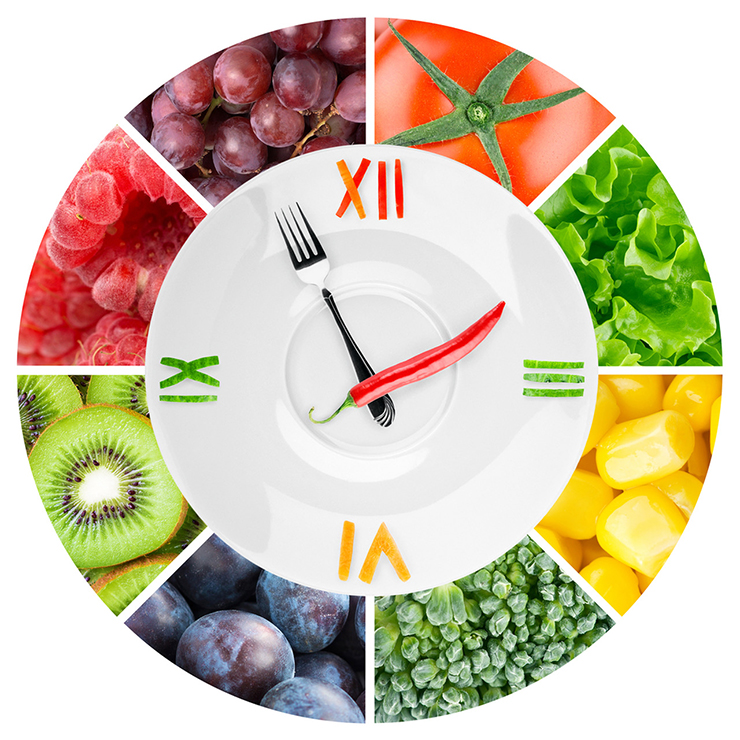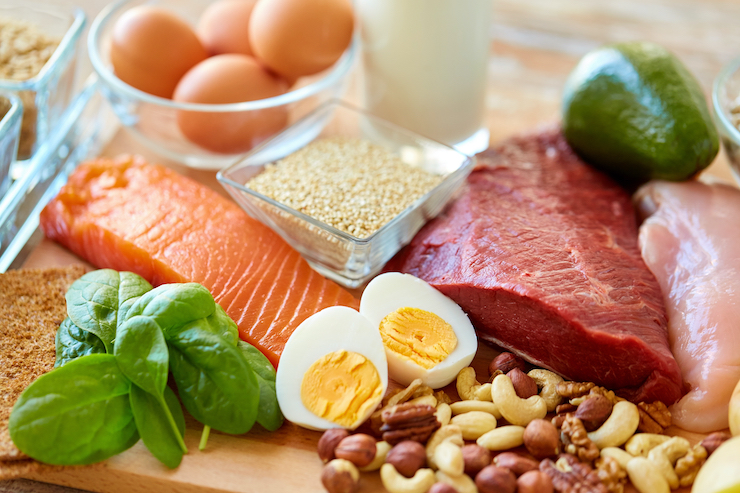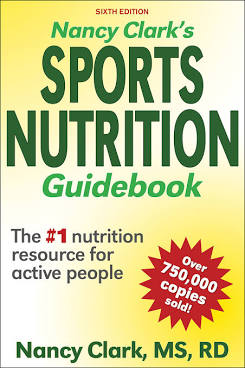N
Nancy Clark
Guest
Did you Gain Weight During the Pandemic?
Exercising to Attain a Perfect Body: Is Lighter Better?
SoccerToday’s nutrition columnist Nancy Clark on practical tips for soccer players who want to win with good nutrition. The end of COVID craziness is in near and all soccer teams hopefully will be back in action …
During the shutdown, some players’ bodies may have changed. It seems most of us have gained a few pounds during this pandemic.
Those players may be discontent with their current physiques and plan to do extra exercise to shed a few pounds. This article will address that plan.
Exercising to Attain a Perfect Body: A Futile Effort?
Body size, looks, and weight are concerns for soccer players.
While most players recognize being strong and powerful adds to their athleticism, some want to be lighter.
Our society has a pervasive diet culture that infiltrates into sport and, all too often, soccer players end up discontent with their weight, body fatness, and physiques.
The standard solution: train harder to shed pounds and attain the perfect body.
The problem is exercise is better known for helping to maintain fat loss than for contributing to fat loss itself. Reducing body fatness depends more on reducing food intake than on increasing exercise.
As you likely know, the more you train, the hungrier you get, the more you eat. If you are an already-lean soccer player who under-eats, your body will protect itself from wasting away by conserving energy the rest of the day. That is, after a hard training session or game, you might (subconsciously) choose to do deskwork instead of run errands.
So now I pose this question to you: If exercise had no impact on your body weight or appearance, would you change how much you currently exercise?
Soccer Players: Performance vs. Image
The question of Performance vs Image: Dedicated soccer athletes will likely answer “no change.”
They follow a training program geared toward achieving a specific performance goal.
Collegiate soccer players at the DI level have little choice in how much they exercise. They have to do what the coach demands.
Players who want to be lighter would likely cut out cardio performed specifically to burn off calories and instead eat a little less.
Fitness players might do only sessions they truly enjoy.
Compulsive exercisers with a high drive for thinness—which can include any of the categories mentioned above—may want to take more rest days or stop getting up at 4:30 every morning to do an extra workout. But anxiety about “getting fat” would undoubtedly force them to relentlessly train hard, day after day, to burn off calories and “look good.”
Soccer Players: Is lighter better?
Some soccer players believe they will perform better if they drop a few pounds.
While this may be true for a player who has excess flab to lose, the lose-weight-at-any-cost struggle is more likely to hurt performance than enhance it.
Just how well do you actually play when you are hungry and depleted?
Well Fueled = Better, Faster Performance With a Difference over 15%
A study with elite female swimmers indicates those who restricted calories during a 12-week training session ended up 10% slower in 12 weeks, while their well-fueled teammates improved by 8%.
The food restriction did not even result in fat loss, despite eating about 700 calories less per day than their teammates. (They averaged 22% body fat; the non-dieting swimmers averaged 19%.) How can that be???
The knock off 500 calories a day to lose one pound of fat per week belief has long been proven untrue.
Fat loss is not mathematical.
The body is complicated. Genetics rules. Bodies are supposed to vary; they naturally come in different sizes and shapes.

Soccer Players: The Problem with Restricting Food
Unfortunately, restricting food to be “thinner at any cost” to hit a target weight or a desired look will sooner or later come with the high price of poorer performance, injuries and/or poor mental health. Restricting calories to sustain a weight that is too low means restricting the vitamins, minerals, proteins, carbs, and fats that you need to refuel, replenish and restore your body.
When you go on a diet, your bones also go on a diet and they lose density. After repeated weeks and months of malnutrition, the body will inevitably break down, with stress fractures and over-use injuries taking a toll.
Soccer Players: Tips for Compulsive Exercisers
Compulsive exercisers push themselves day after day to burn off calories. No rest days allowed. Some compulsive soccer players assert they love their (relentless) exercise program. Yes, they may love the endorphins that contribute to the post-workout “high.” They love when people compliment their leanness. They love the sense of accomplishment that comes from training and/or competing for XXX consecutive days and love the sense of control that comes from completing killer workouts.
But do they love feeling driven to burn off calories? Do they love feeling hungry, tired, and easily irritated most of the time? Do they miss having time for friends and family?

If you are asking your body to exercise, you want to make sure it is adequately fueled. You should not feel dizzy, lightheaded, confused, or excessively fatigued at the start, middle, or end of a workout. That body should NOT be exercising; it is in a bad place.
Enjoyment should be the foundation of any exercise routine, otherwise you’ll have trouble “staying on track.” When soccer becomes a should—not a want to, it becomes akin to punishment, particularly for those who believe they have to train hard to manage their weight.
You could just as easily lose weight by eating less, as opposed to exercising more.
Note: You don’t even have to exercise to lose weight. Patients in a hospital tend to lose weight, and they are not exercising at all.
If you find yourself training compulsively, please start paying attention to the thoughts and emotions that drive your movement.
Look not at what you did, but why you did it.
Do you depend on killer workouts to manipulate your emotions, reduce anxiety, and run away from loneliness? If yes, a sports psychologist could be helpful.

Traditional sources of protein on SoccerToday’s Nutrition Info for soccer players
Soccer Players: Concluding Thoughts
Weight is more than a matter of will power. Soccer athletes, like dogs, come is assorted sizes and shapes. No one size or shape is “best.” Is it time for a cultural change, so we can focus more on athleticism and performance, and less on body looks and weight?
White-knuckling a restrictive diet comes with a high mental and physical cost. While the lighter player might be able to improve performance for a season or two (because they had been training in a heavier body), unhappiness and injuries inevitably will take a toll if the player tries to maintain a weight that is too lean all year long. A registered dietitian (RD) who specializes in sports nutrition (CSSD) can help soccer players figure out appropriate weight goals and fueling strategies, so they can reach their performance goals.
The lightest player may not be the best (nor happiest) athlete, after all.
Related Articles: Soccer Players: Next Level Nutrition; Nutrition Tips for Soccer Players: The Athlete’s Kitchen

SIDEBAR: Nutritional and medical advice changes with new discoveries and interpretations. Always check with your medical provider and/or nutritionist for what is best for you and your family.
Sports nutritionist Nancy Clark MS RD CSSD has a private practice in the Boston-area, where she helps both fitness exercisers and competitive athletes create winning food plans.

Sports Nutritionist Nancy Clark
Clark’s best-selling, the 6th Edition of the Sports Nutrition Guidebook, and Food Guide for Soccer, as well as teaching materials, are available at www.nancyclarkrd.com. Click here for online and live workshops.
The post SOCCER PLAYERS: IS A PERFECT BOD A FUTILE EFFORT AFTER COVID? appeared first on SoccerToday.
Continue reading...
SoccerToday News from Diane Scavuzzo
